Istanbul, city of cities
Nobody goes there any more. It’s too crowded.
— John McNulty, The New Yorker, 1943, p. 13
Large cities are best understood as cities of cities, and Istanbul, the most populous city in Europe, is definitely that.
Fatih is the Istanbul that draws the tourists, the part that used to be called Constantinople, home of the Süleymaniye and Blue Mosques, the old city, the Hagia Sophia, Topkapı Palace, the Grand Bazaar, and most of the apparatus of the city government.
Gülbahar, Bayrampaşa and a few other nested cities dutifully assume the role of being so utterly bleak and awful in order that Fatih and the rest of the city might seem even more beautiful. A Turkish friend of Jess’ called Gülbahar “the arsehole of Istanbul”, and nothing in our brief encounter dissuaded us of that.
The skyscrapers, the suits, the ties — the central business districts — are all clustered over in Maslak, Levent, and Bomonti to the North, which might as well be on the other side of the country because it is both a long way off and there is, so far as I can tell, no good reason to go there. This feels almost inexpressibly humane compared to the way most cities plunge their towering daggers of steel and glass straight through their own hearts.
What awesome images are suggested by the existence of such secret cities within cities! Beholding this ingulph’d and search-defying fragment of yesterday, the active imagination conjures up endless weird possibilities - ancient and unremember’d towns still living in decay, swallow’d up by the stern business blocks that weary the superficial eye, and sometimes sending forth at twilight strains of ghostly music for whose source the modern city-dwellers seek in vain. Having seen this thing, one cannot look at an ordinary crowded street without wondering what surviving marvels may lurk unsuspected behind the prim and monotonous blocks.
And that’s just a glancing view of a small fraction of the European half of the city. Three bridges, two tunnels, and countless ferries span the Bosphorus, link Europe to Central Asia, knit West to East, where this sprawling city continues.
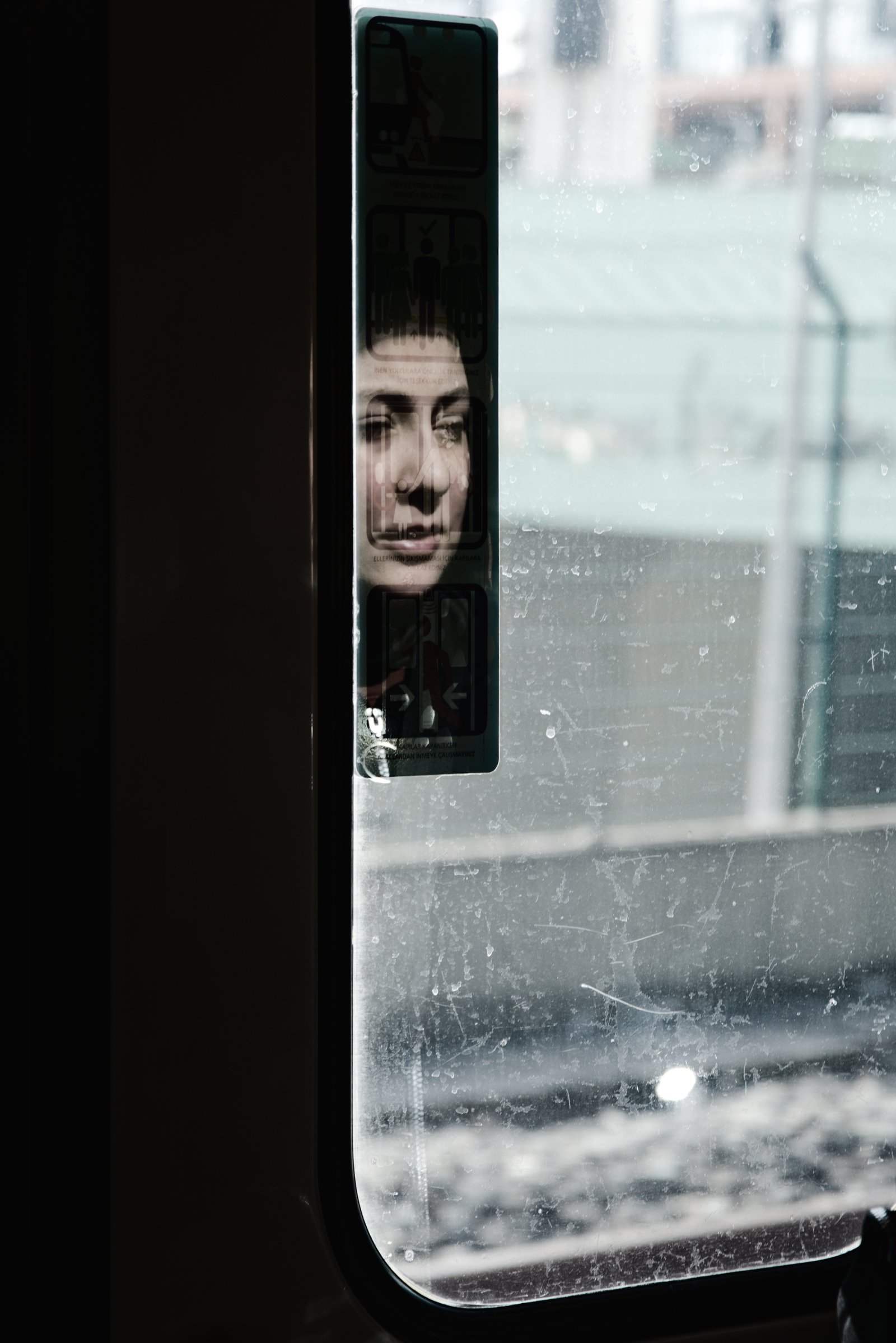
For Jess and I’s Istanbul rendezvous we rented an apartment in Beyoğlu, also on the European side of the Bosphorus. Unbeknownst to us, this is Istanbul’s centre of mayhem. Any city that never sleeps has one. That front line where the fire never burns out, that presents itself like a kind of perpetual motion machine of vibes. But if you’re looking closely, you also get to witness the extraordinary scale of the ad-hoc systems, supply lines, and collective human will it takes to sustain that energy.
I didn’t love Istanbul immediately, didn’t love Beyoğlu, but by wandering further, and transiting from outer-city to inner-city to inner-inner-city and out again, I was able to meet, and to fall for this city of cities.
And so Melbourne, the first city I found I could love, has been back on my mind — courtesy also of calls with Cy, and Rose, and conversations with Kristen (an Aussie here at the hostel) about cities and their identities. Because I didn’t love Melbourne at first either. It was so overpowering that I turned and fled, spent seven months cycling the circumference of that continent instead, because that was somehow easier than reconciling the discomfort of that first encounter.
The deserts of Australia began a disaggregation of me that continues still, and which is essential to all the transformations since, and those still to come. The Nullarbor Plain — the last of those deserts, which I crossed at a sprint, pushing myself to make it back to Rose in the time I had committed myself to — lingers in my memory as hallowed ground. Pancake flat and straight like an arrow. A sandbox of that exquisite, ego-busting monotony. Returning to Melbourne at the end of that journey, my lap complete, a re-encounter so euphoric, in ways I couldn’t have imagined, that perhaps I could have fallen in love with almost any place then.
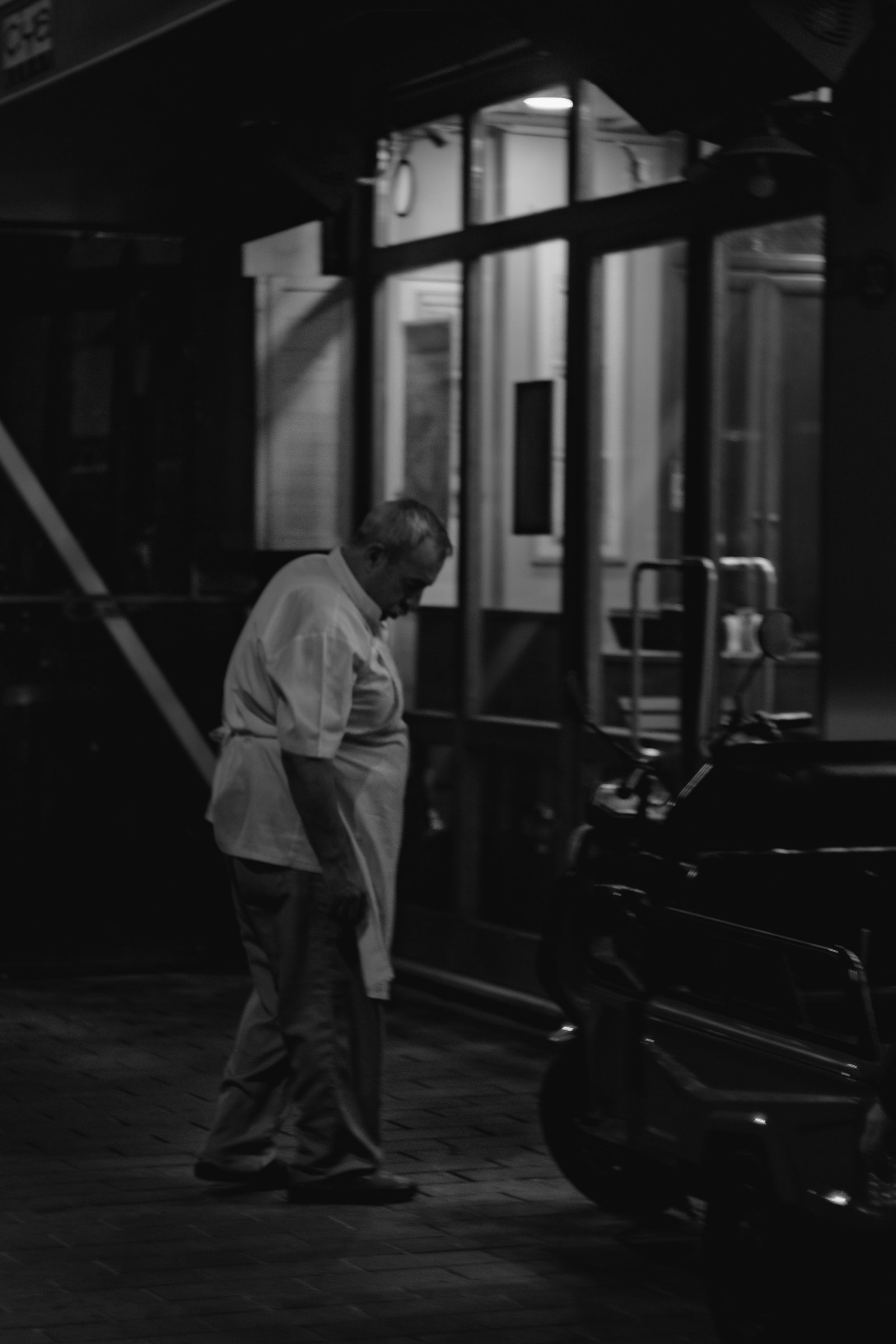
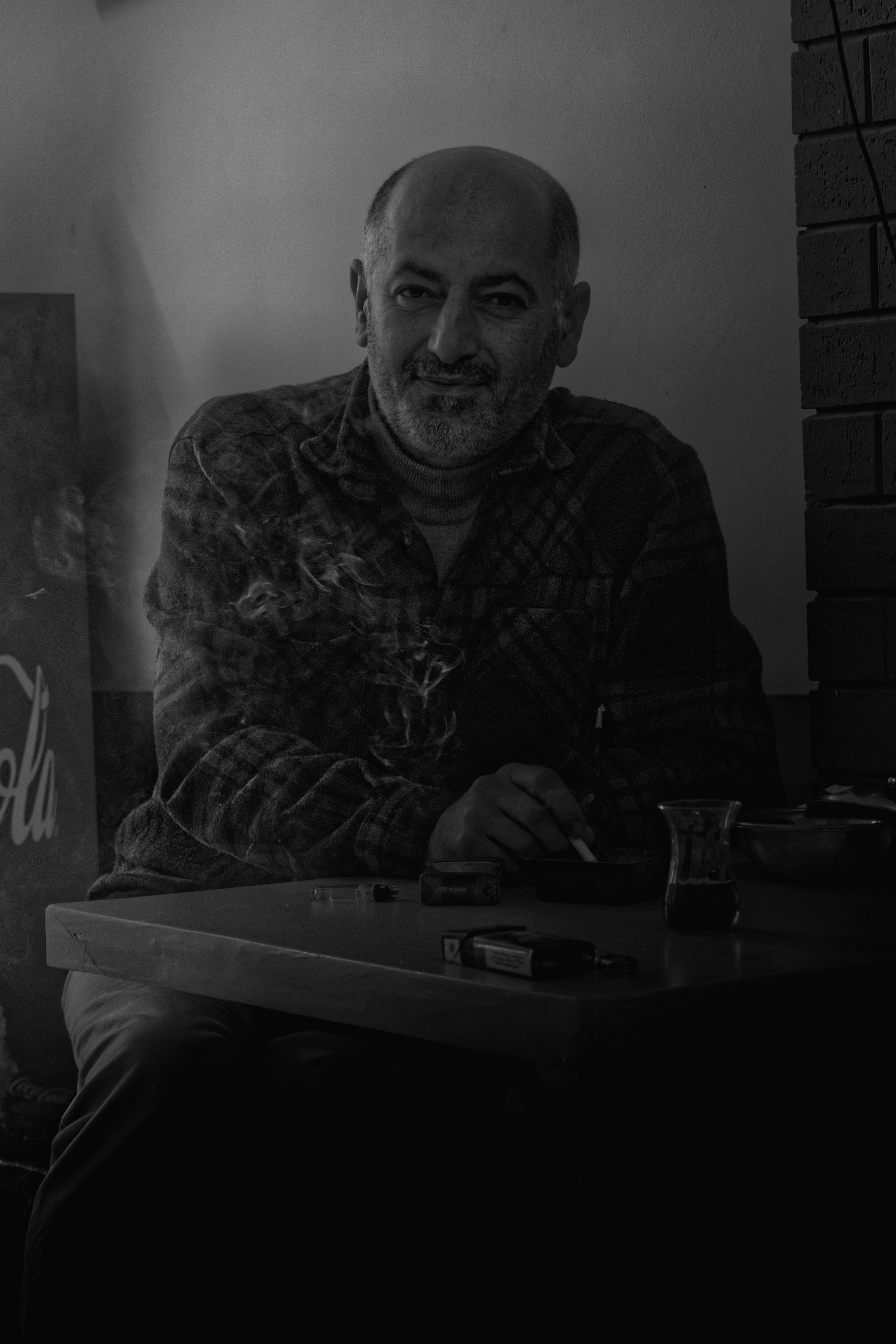
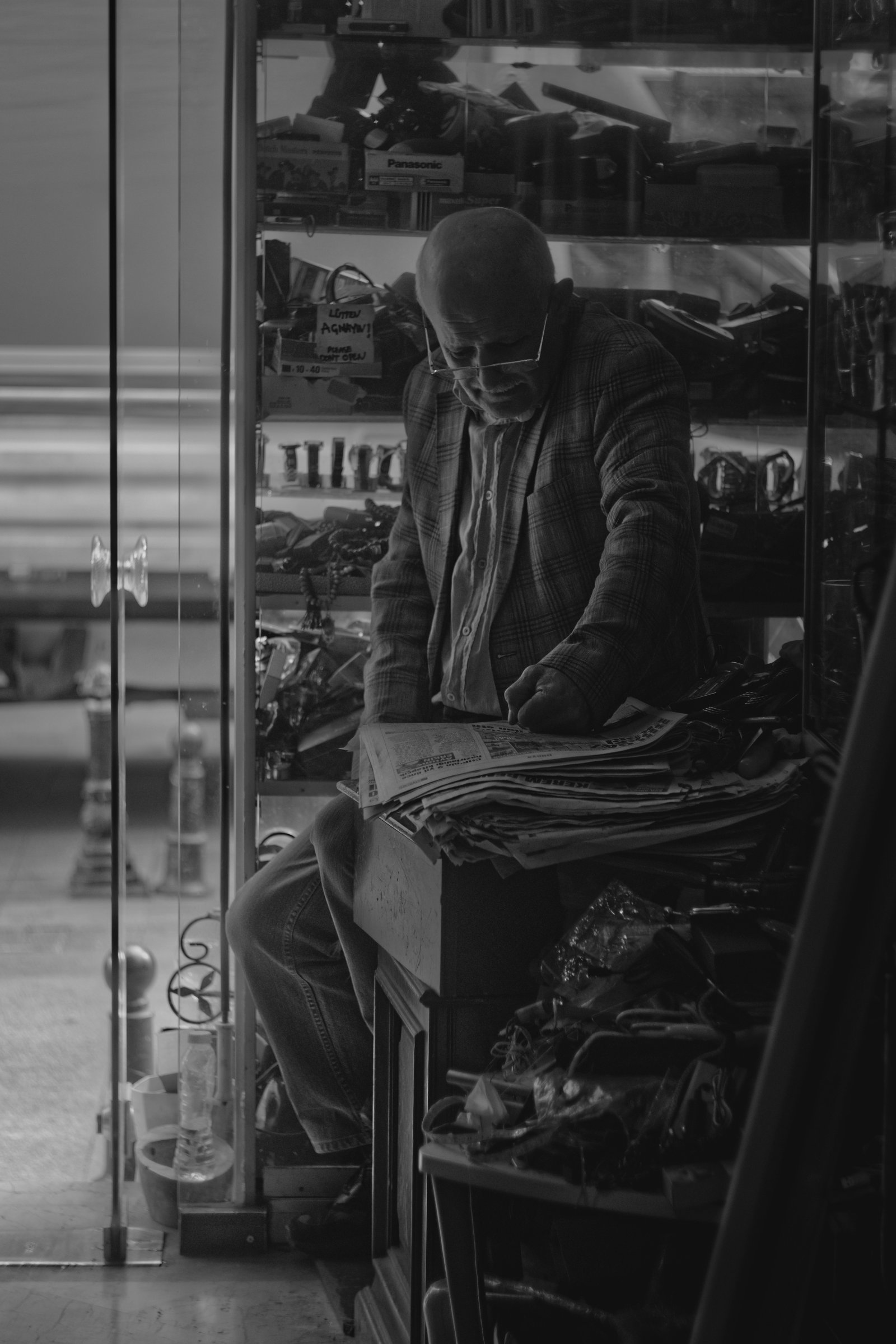
Walking (and re-walking) Istanbul has brought me to the same feeling, elicits the same love, and I begin to recognise that it is this openness of spirit, which was unknown to me before that ride, and which I’m still learning, that matters most.
The ecstasy of crossing the Swiss Alps from west to east; significant encounters with Joy, Jasmin, Rahel, and Mike; those precious ten days after the storm killed my phone leaving me with no map, navigating by sign, feel, and by asking. The joy I found in Kosovo came from climbing Gjeravica yes, and from the many encounters on the road to Prizren (Gasper, Prand, and Wilson most of all), and from the fulljoy of meeting up with Helen and Irfaan, but it also came from me. My love for Peshkopi grew in a similar window of wonder, a week alone in the Šar mountains, summiting Maja e Korabit, that visceral bliss carrying me all the way into town that night because,
The world reveals itself to those who travel on foot.
The final three days of the walk into Istanbul, up to and including the crossing of the bridge, were at least as perfect. Leg, lung, and heart stretching days — days that stretched well into the night, finishing at two in the morning and beginning anew only a little while later, days full to bursting with the now familiar euphoria which opens my heart, and reminds me that everything and everyone on earth is deserving of that same love.
By that way of seeing, it should come as no surprise that this city of cities has sewn itself into my heart of hearts.
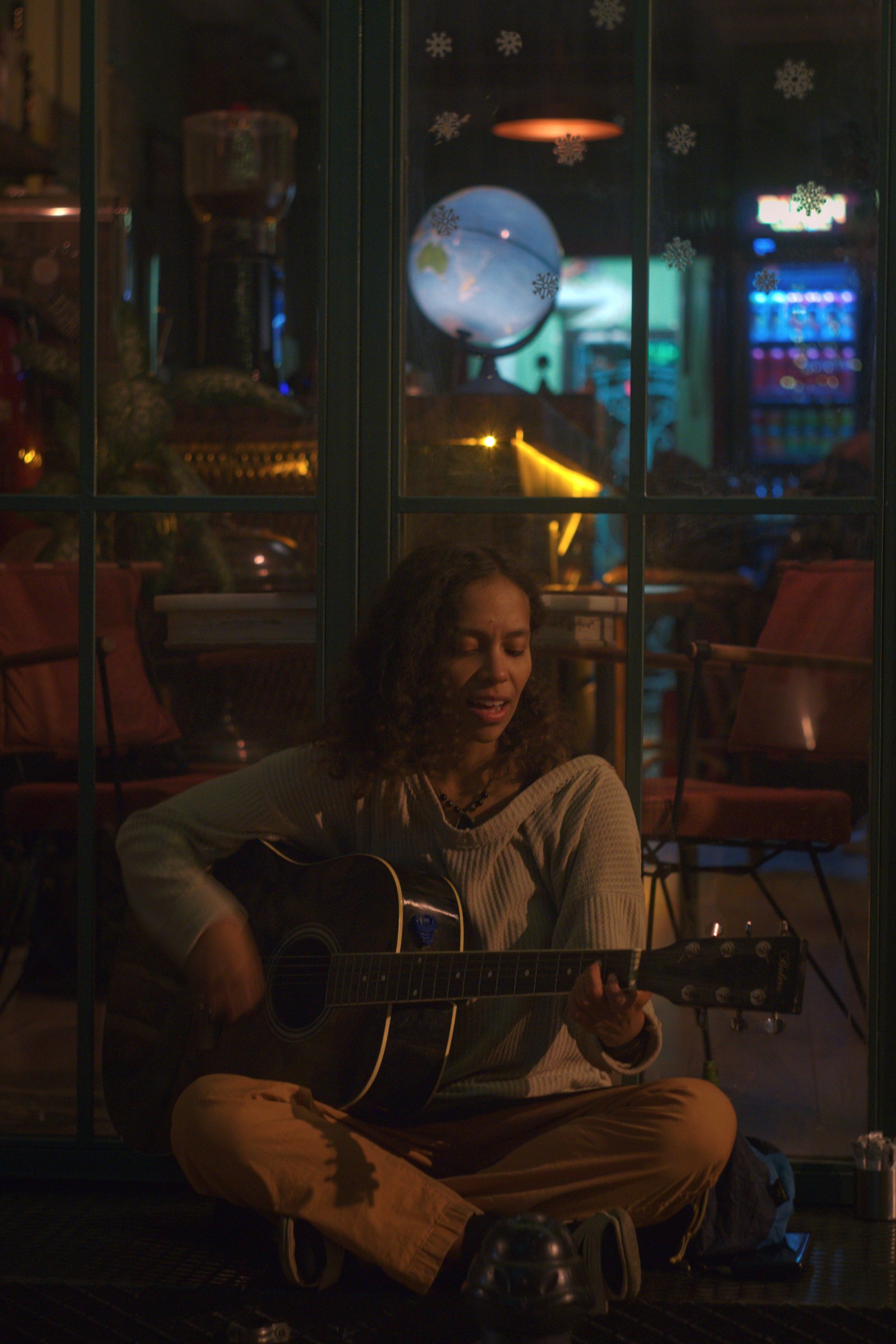
Jess sitting outside a hostel in Kadıköy, playing guitar and singing for me on our last night together in Istanbul.